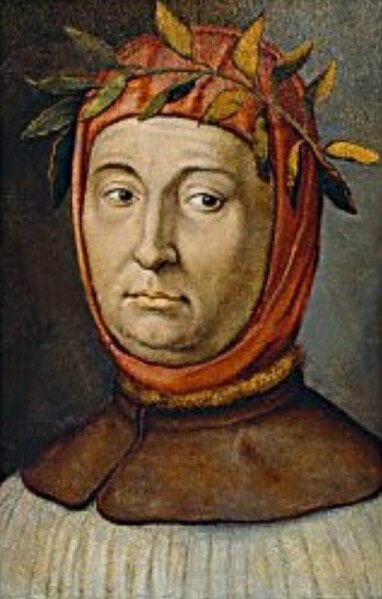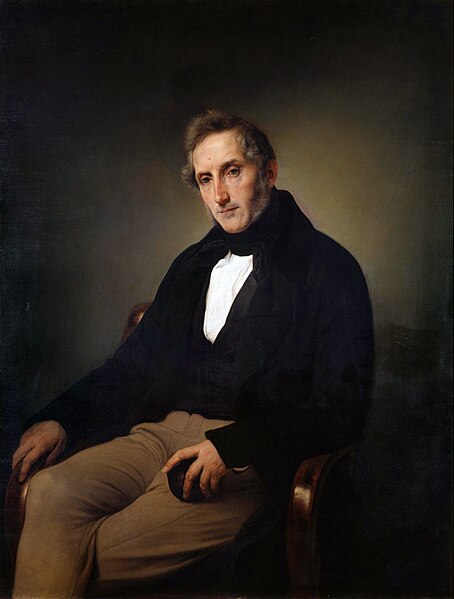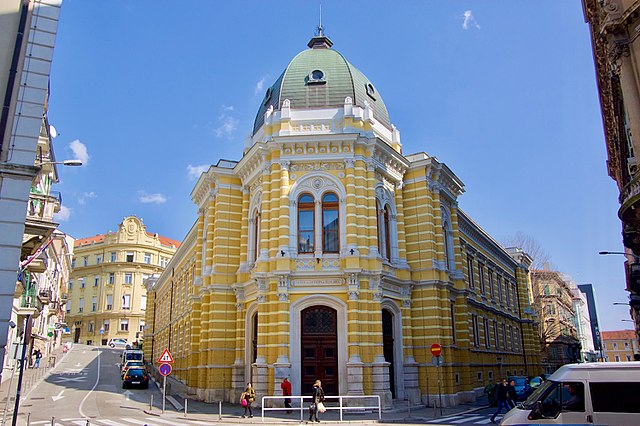The Kingdom of Naples, was a state that ruled the part of the Italian Peninsula south of the Papal States between 1282 and 1816. It was established by the War of the Sicilian Vespers (1282–1302), when the island of Sicily revolted and was conquered by the Crown of Aragon, becoming a separate kingdom also called the Kingdom of Sicily. This left the Neapolitan mainland under the possession of Charles of Anjou. Later, two competing lines of the Angevin family competed for the Kingdom of Naples in the late 14th century, which resulted in the death of Joanna I by Charles III of Naples. Charles' daughter Joanna II adopted King Alfonso V of Aragon as heir, who would then unite Naples into his Aragonese dominions in 1442.
Naples in the 15th century.
Naples during the revolt of Masaniello in 1647
Italian is a Romance language of the Indo-European language family that evolved from the Vulgar Latin of the Roman Empire. Italian is the least divergent Romance language from Latin, together with Sardinian. Spoken by about 85 million people including 67 million native speakers (2024), Italian is an official language in Italy, San Marino, and Switzerland, and is the primary language of Vatican City. It has official minority status in Croatia and in some areas of Slovenian Istria.
Dante Alighieri (top) and Petrarca (bottom) were influential in establishing their Tuscan dialect as the most prominent literary language in all of Italy in the Late Middle Ages.
Venetian Pietro Bembo was an influential figure in the development of the Italian language from the Tuscan dialect, as a literary medium, codifying the language for standard modern usage.
Alessandro Manzoni set the basis for the modern Italian language and helping create linguistic unity throughout Italy.
Italian Secondary School in Rijeka/Fiume, Croatia






